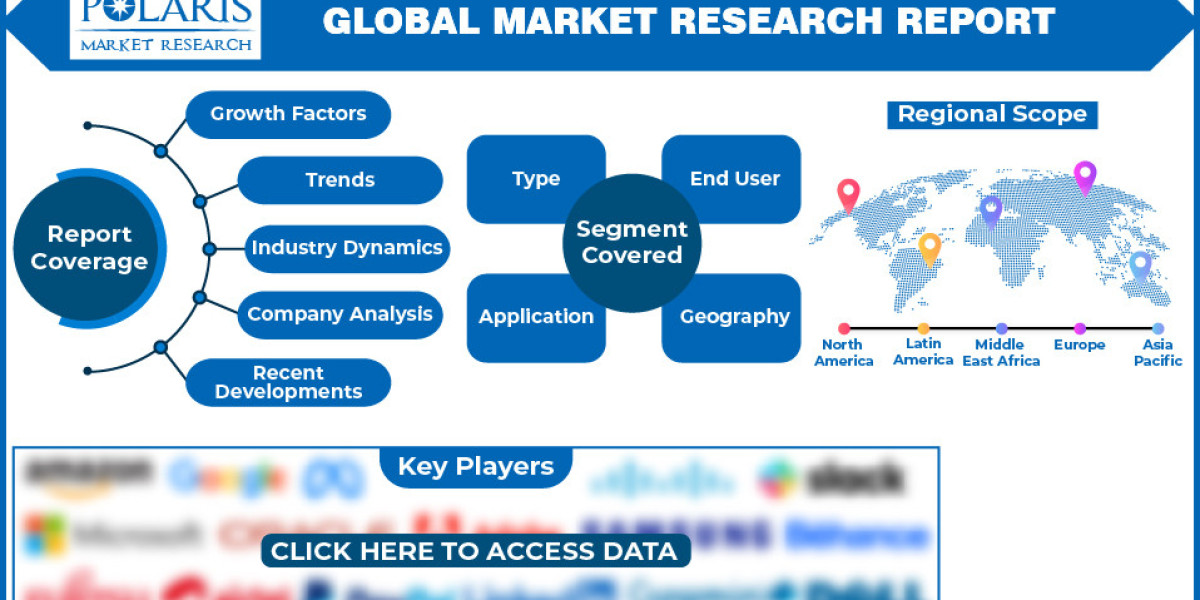Originally published by Quantzig: How we Helped a US retailer in Standardizing Data, Data Delivery Mechanism, and Tracking Usage
Introduction:
In the ever-evolving landscape of retail, data has become the cornerstone of innovation, customer-centricity, and business success. Data monetization, the strategic leveraging of vast volumes of customer, transactional, and operational data, holds immense potential for retailers to drive revenue, enhance operational efficiency, and gain a competitive edge. However, amidst the opportunities lie challenges, including regulatory compliance, cybersecurity concerns, and technological complexities. Successfully navigating these challenges empowers retailers to harness the full potential of data monetization, driving growth and securing a prominent position in the market.
Client Overview:
Quantzig collaborated with a leading US-based retail client with a workforce of 85,000 employees. The client sought to transform their data into a strategic asset to enhance productivity and secure a competitive edge in the dynamic retail landscape.
Challenges Faced by The Client:
The client encountered several challenges, including data integration and governance issues, difficulty in assessing costs and ROI, redundancy and security concerns, and the absence of standardized KPIs and data monetization strategies.
Quantzig’s Innovative Solutions:
Quantzig implemented a comprehensive data audit, identified inefficiencies, and developed a tailored solution leveraging the Microsoft Power Platform integrated with Synapse. This solution streamlined processes, reduced redundancies, and enhanced data governance.
Key Solution Features:
The solution optimized data inventory and structure, standardized KPIs, and automated data processes. It resulted in a significant reduction in redundancy, cost savings, and tangible business value realization for the client.
Impact Delivered:
Quantzig’s solutions led to a 60% reduction in data redundancy, a 28% decrease in total cost of ownership (TCO), and tangible business value realization. The client experienced enhanced operational efficiency, empowered decision-making, and secured additional budgets for strategic data investments.
Why Data Monetization Is Important in Retail Industry:
Data monetization in retail enables organizations to unlock unprecedented value, drive revenue streams, and gain a competitive advantage. It transforms data into strategic assets, fosters innovation, and creates a culture of data-driven decision-making. By overcoming data governance challenges and leveraging advanced analytics, retailers can optimize operations, enhance customer experiences, and navigate market complexities effectively.
Data Monetization Use Cases and Examples:
Examples of data monetization in retail include e-commerce data monetization, location-based analytics, telecommunication data monetization, and embedded analytics in enterprise software. These examples demonstrate how retailers can capitalize on data assets to drive revenue, improve efficiency, and deliver enhanced customer experiences.
How to Prepare for Data Monetization in 4 Steps:
Preparing for data monetization involves assessing data assets, developing a data monetization strategy, implementing robust data infrastructure and governance frameworks, and optimizing monetization efforts. By following these steps, organizations can effectively leverage data assets to drive revenue growth and gain a competitive edge.
Broad Perspective on Data Monetization Strategies in Retail:
Successful data monetization strategies empower retailers to transform operations, overcome challenges, and drive innovation. By prioritizing data-driven decision-making, embracing technological advancements, and fostering collaboration, retailers can unlock unprecedented value and secure sustainable growth in the dynamic retail landscape.
Contact us for tailored solutions








